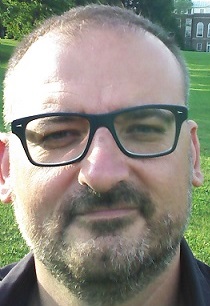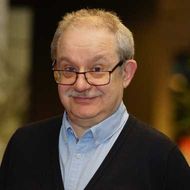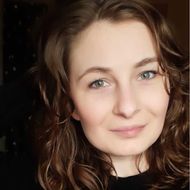- A
- A
- A
- ABC
- ABC
- ABC
- А
- А
- А
- А
- А
- HSE University
- Faculties
- Faculty of Social Sciences
- School of Sociology
- Events
- Research Seminar “The Transcendence of the Social: Durkheim, Weismann, and the Purification of Sociology”
Address: 101000, Moscow,
11 Myasnitskaya Ulitsa.
Phone: 8 (495) 772-95-90 *12349
Email: izangieva@hse.ru
The School of Sociology aims to train future social analysts in sociological reasoning to address the needs of social life, business, politics, public administration, and the media. To this end, the school works to develop a close link between education and research, as well as application-oriented education, internationalization of research and education, and close networks with major employers on the labour market.
In press
Abashkin V., Abdrakhmanova G., Vishnevskiy K. et al.
M.: National Research University Higher School of Economics, 2024.
Mikhaylova O., Alexandra Bochaver, Victoria Yerofeyeva.
Frontiers in Psychology. 2024. Vol. 15.
In bk.: The Global Encyclopaedia of Informality: A hitchhiker’s guide to informal problem-solving in human life. Vol. 3: A hitchhiker’s guide to informal problem-solving in human life. L.: UCL Press, 2024. Ch. 9.7. P. 377-379.
Fabrykant M., Magun V., Милкова М. А.
SocArXiv. SocArXiv. SocArXiv, 2023

Research Seminar “The Transcendence of the Social: Durkheim, Weismann, and the Purification of Sociology”


The School of Sociology invites you to the lecture of Dr. Maurizio Meloni (Department of Sociological Studies, Sheffield University, Sheffield, UK)
“The Transcendence of the Social: Durkheim, Weismann, and the Purification of Sociology”.
Time: Tuesday 30 May, 18:10.
Venue: Myasnitskaya Ulitsa 11, Room 422.
If you need a pass to enter the building please contact Ekaterina Sokolova ksokolova@hse.ru
Abstract: Building on Fox Keller’s acute genealogy of the nature–nurture opposition as located in a certain specific social, cultural, and political history in the late nineteenth century (2010), in this paper, I address a parallel problem: the making of a really modern (i.e., non-biological) sociology nearly at the same time as the “hard disjunction” (Keller, 2010) between heredity and the environment, nature and nurture, was made. I argue rather provocatively that traces of borrowing from hard heredity to sociology can be seen in Durkheim’s strategic usage of Weismann to destroy Lamarckian sociology. The transcendence of the social in Durkheim is entirely isomorphic to Weismann’s transcendence of the germ plasm: in both cases, they aimed to construct objective realities, radically independent and exterior from individual tendencies and peculiarities. Weismann offered Durkheim an important scientific companion to make boundaries between sociology and biology. In a Latourian sense (Latour, 1993), the purification strategy of Durkheim was actually helped by a hybridization with Weismann’s biology. In conclusion, by taking Weismann as an anticipator of the genetics revolution a few years later, I argue for a profound complicity between twentieth century non-biological sociology and genetics. They both made space for a neat distinction between biological heredity and sociocultural transmission, heredity, and heritage. If sociology and genetics thought of themselves as rivals and even enemies in explaining social facts, they should reconsider their positions.
- About
- About
- Key Figures & Facts
- Faculties & Departments
- International Partnerships
- Faculty & Staff
- HSE Buildings
- Public Enquiries
- Studies
- Admissions
- Programme Catalogue
- Undergraduate
- Graduate
- Exchange Programmes
- Summer University
- Summer Schools
- Semester in Moscow
- Business Internship
-
https://elearning.hse.ru/en/mooc/
Massive Open Online Courses
-
https://www.hse.ru/en/visual/
HSE Site for the Visually Impaired
-
http://5top100.com/
Russian Academic Excellence Project 5-100
- © HSE University 1993–2024 Contacts Copyright Privacy Policy Site Map
- Edit



